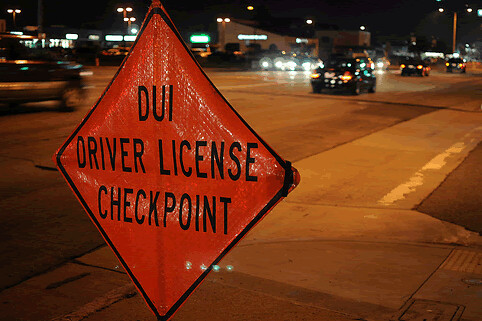A DUI (Driving Under the Influence) conviction can impact more than just your driving record — it can cause massive spikes in your insurance rates and make renewals a challenge for years. Whether it was a one-time mistake or part of a past you’re trying to move past, it’s important to understand how a DUI affects car insurance and what steps you can take to reduce the damage.

Immediate Insurance Impact After a DUI

Once a DUI is on your record, insurance companies classify you as a high-risk driver. This can lead to:
- Policy cancellation at renewal
- Rate increases of 50% to 300%
- Requirement to file an SR-22 (in most states)
If your insurer doesn’t drop you entirely, expect your rates to double or even triple at the next renewal.
What Is an SR-22?

An SR-22 is not insurance, but rather a form filed by your insurer to verify you carry the minimum required liability coverage. It’s mandated by your state DMV after a serious offense like a DUI.
| Factor | Detail |
|---|---|
| Required In | Most states after DUI or reckless driving |
| Duration | Typically 3 years |
| Cost to File | $15–$50 (plus high-risk premium surcharges) |
| Where to Get It | Only through insurers who offer SR-22 filings |
Average Premiums After DUI (2025)

| State Example | Pre-DUI Premium | Post-DUI Premium |
|---|---|---|
| California | $1,700 | $4,100 |
| Texas | $1,500 | $3,800 |
| New York | $1,900 | $4,500 |
Note: Rates may vary based on vehicle, coverage level, and the insurer’s risk model.
Recovery Timeline: When Will Rates Drop?

Here’s a general timeline of what to expect after a DUI:
| Time Since DUI | Typical Impact on Rates |
|---|---|
| 0–1 Year | Highest risk level, possible cancellation |
| 1–3 Years | Still classified high-risk, SR-22 in effect |
| 3–5 Years | Gradual decrease if no other incidents |
| 5+ Years | Many insurers may drop the surcharge |
| 7+ Years | Some states expunge DUI from driving record |
The cleaner your record is after the DUI, the quicker your rates can normalize.
Rehabbing Your Driving Profile

Even with a DUI on record, you can start rebuilding your standing with insurers:
✅ Shop Around at Renewal
Some insurers are more lenient after the first year. Consider companies like The General, Dairyland, or Progressive for high-risk drivers.
✅ Take a Defensive Driving Course
Completing a state-approved course can earn you discounts and show insurers you’re serious about safety.
✅ Install a Telematics Device
Usage-based insurance programs monitor your real-time driving behavior. Safe driving can earn you significant discounts.
✅ Ask About “Second Chance” Policies
A few carriers offer forgiveness programs or second-chance policies after a clean 12-month period post-DUI.
Pros and Cons of SR-22 Coverage

| Pros | Cons |
|---|---|
| ✅ Keeps you legally on the road | ❌ More expensive monthly payments |
| ✅ Enables license reinstatement | ❌ Limited number of insurers |
| ✅ Some insurers offer bundling | ❌ Usually no multi-policy discounts |
FAQs
Q1: How long does a DUI stay on your insurance record?
Typically 3 to 5 years, but some states and insurers consider it for up to 10 years.
Q2: Can I switch insurers with a DUI?
Yes — but not all carriers accept high-risk drivers. Use brokers or comparison tools to find those who do.
Q3: What if I don’t file an SR-22 when required?
Your license will likely be suspended or revoked until you provide proof of financial responsibility.
You Might Also Be Interested In:
- What Is Gap Insurance and Do You Need It?
- Best Insurance Companies for Teen Drivers
- Car Insurance Discounts You Might Be Missing
- How to Lower Your Car Insurance Premium
Let’s Talk Cars
Have a question? A suggestion? Just want to say hi?
You’re in the right place.
Use the form below to reach out to the AutoSpecs Daily team. We're happy to hear from readers, car lovers, first-time buyers, and anyone who's got something to share.
What can you contact us about?
- Feedback on one of our articles
- Ideas for new topics you'd like us to cover
- Questions about cars, gear, or general auto advice
- Media, partnership, or brand inquiries
- Anything else that's on your mind
We check every message that comes through and do our best to respond within 2 to 3 business days.
We don’t list an email address here to avoid spam, but the contact form is the best and fastest way to reach us.
Thanks for stopping by. We're glad you're here.
